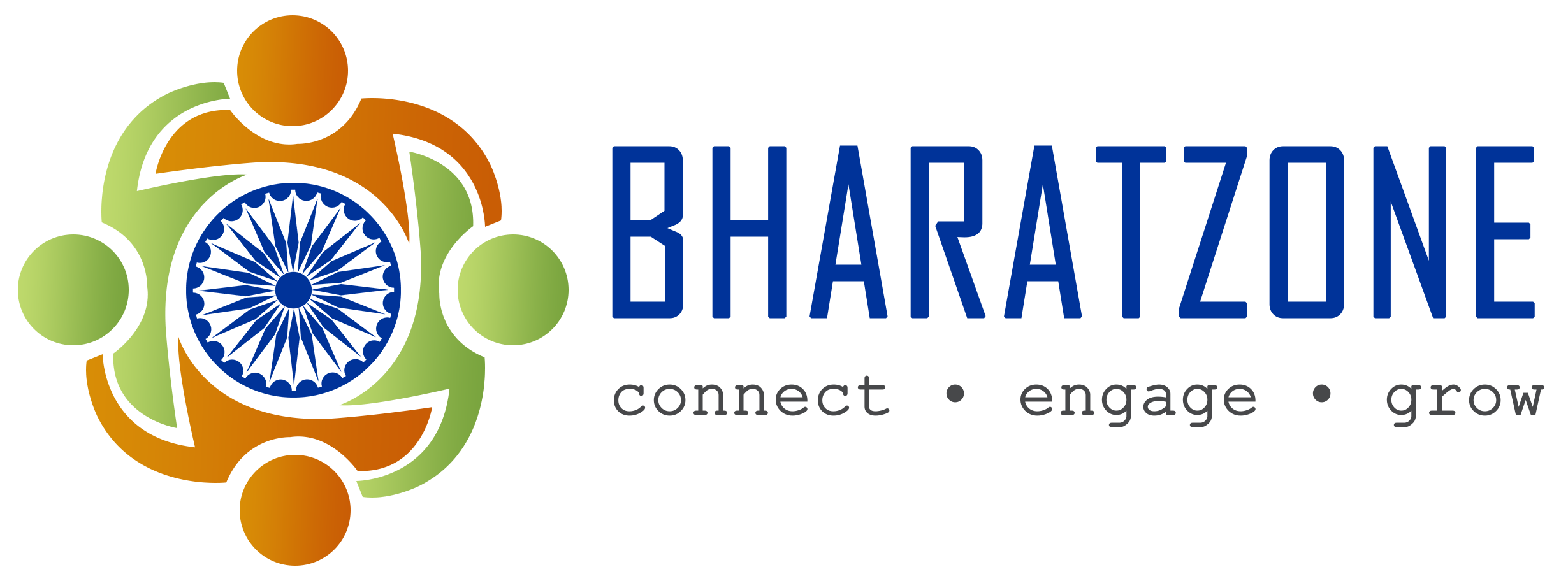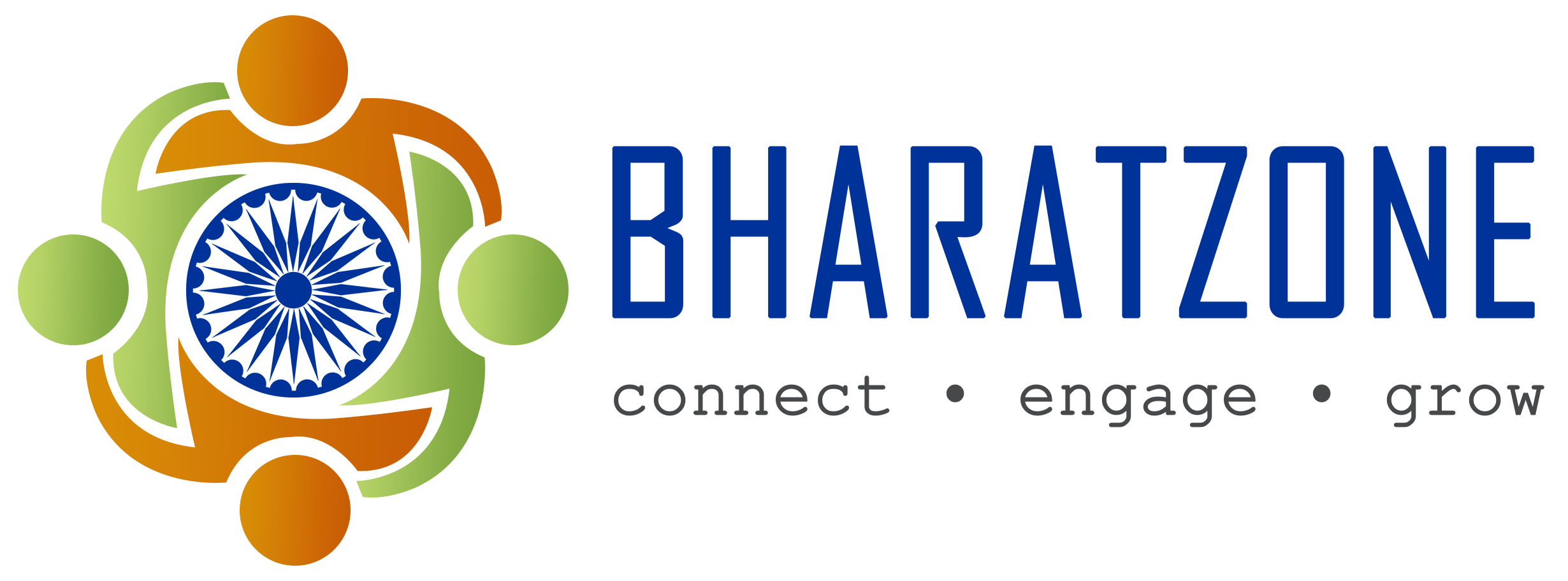Brewing the perfect cup of whole bean decaf coffee is often seen as a meticulous art, especially when it comes to decaf. Whole bean decaf coffee deserves just as much attention as regular coffee to bring out its rich flavors and complex profiles. Decaf coffee beans have a unique process that removes most of the caffeine while still maintaining their inherent characteristics, but brewing them correctly is key to unlocking their best flavor. Whether you're a seasoned coffee enthusiast or new to decaf, this guide will help you brew whole bean decaf coffee to perfection.
1. Start with Fresh, High-Quality Whole Beans
The journey to a great cup of decaf coffee begins with the beans. Always start with fresh, high-quality whole bean decaf coffee. Freshness is vital because coffee beans, even after decaffeination, contain volatile oils that contribute to the flavor. Coffee beans are at their best within a few weeks of roasting, and decaf is no exception. When possible, purchase beans that have been roasted within the past two weeks.
Store your beans in an airtight container in a cool, dark place. Avoid the refrigerator or freezer, as coffee beans can absorb moisture and odors, which can dull their flavor over time.
2. Grind Your Beans Just Before Brewing
For the best flavor, always grind your decaf beans right before brewing. Pre-ground coffee, whether decaf or regular, loses its freshness much faster than whole beans. The grind size matters, too, and should be tailored to your brewing method. Here’s a quick guide to grind size based on common brewing methods:
- French Press: Coarse grind (similar to sea salt)
- Pour-Over: Medium grind (like sand)
- Espresso: Fine grind (like table salt)
- Drip Coffee Maker: Medium grind (like sand)
Grinding to the right size ensures optimal extraction, which brings out the full range of flavors in your decaf coffee. A burr grinder is often preferred over blade grinders, as it allows for a more consistent grind size, which is crucial for even extraction.
3. Use Clean, Filtered Water
Water quality plays a significant role in how your decaf coffee tastes. Coffee is about 98% water, so if your tap water has a strong taste of chlorine, minerals, or other impurities, it will affect the final flavor of your coffee. Always use filtered or bottled water when brewing. Avoid distilled water, as it lacks the minerals necessary to properly extract the flavors from the coffee beans.
Water temperature is equally important. Aim for a brewing temperature between 195°F and 205°F (90°C to 96°C). If your water is too hot, it can over-extract the coffee, resulting in bitterness. If it's too cold, the coffee may taste flat or under-extracted.
4. Measure the Right Coffee-to-Water Ratio
To achieve the best flavor from your whole bean decaf coffee, pay attention to the coffee-to-water ratio. The standard recommendation is 1 to 2 tablespoons of ground coffee per 6 ounces of water, depending on your taste preferences. For decaf coffee, you may want to use slightly more grounds, as some people find that decaf beans have a milder flavor due to the decaffeination process.
For precision, using a kitchen scale to weigh your coffee and water is an excellent way to ensure consistency. The ideal ratio for most brewing methods is 1 gram of coffee to 15-18 grams of water. Adjust this ratio to suit your taste, but avoid using too little coffee, as this can lead to under-extraction and weak, watery coffee.
5. Choose the Right Brewing Method
The brewing method you choose can have a significant impact on how your whole bean decaf coffee tastes. Here are some popular brewing methods and tips for getting the best flavor from decaf beans:
-
French Press: This method allows the natural oils from the beans to remain in the brew, creating a rich and full-bodied cup of decaf. After steeping for about four minutes, press the plunger slowly to avoid over-extraction, which can lead to bitterness.
-
Pour-Over: A pour-over, such as a Chemex or Hario V60, offers great control over the brewing process. By pouring the water in a circular motion, you can ensure even extraction. The result is a clean, bright cup of coffee that highlights the more delicate flavors of your decaf beans.
-
Espresso: If you're using decaf beans for espresso, make sure your grind is fine, and you tamp the grounds evenly. Espresso machines brew at high pressure, so consistency in the grind is crucial for a balanced shot of decaf espresso with a rich crema.
-
Drip Coffee Maker: If you're using a drip coffee maker, make sure your machine is clean and free of any old coffee residues that could taint the flavor. Set the machine to brew at the correct temperature (around 200°F), and ensure you're using the proper coffee-to-water ratio.
6. Mind the Brew Time
The length of time your coffee is in contact with the water, known as the brew time, affects the extraction process and the flavor of your decaf coffee. If the coffee brews for too long, it may become bitter; if it's too short, the flavors may be underdeveloped.
- French Press: Brew for 4 minutes.
- Pour-Over: Brew for 2.5 to 4 minutes, depending on your desired strength.
- Espresso: Brew for 25-30 seconds.
- Drip Coffee Maker: Brew time depends on the machine, but it typically ranges from 5 to 8 minutes.
Adjust the brew time according to your preferences, but these guidelines provide a good starting point.
7. Taste and Adjust
Once you've brewed your decaf coffee, take a moment to taste it before adding any sweeteners or creamers. Evaluate the flavor—does it taste balanced, or is it too bitter or sour? If it's too bitter, try a coarser grind or shortening the brew time. If it's too weak or sour, try a finer grind or increasing the brew time slightly.
Decaf coffee can have a range of flavor profiles, from chocolatey and nutty to fruity and floral, depending on the beans and how they're roasted. Experiment with different roast levels and brewing methods to find what suits your taste buds best.
Enjoy Decaf at Its Best with Frontier Coffee Roasters
Brewing whole bean decaf coffee requires attention to detail, but the result is a flavorful, satisfying cup without the caffeine. If you're looking for premium decaf options, check out Frontier Coffee Roasters, where you can find expertly roasted, small-batch decaf beans that deliver the perfect balance of flavor.


